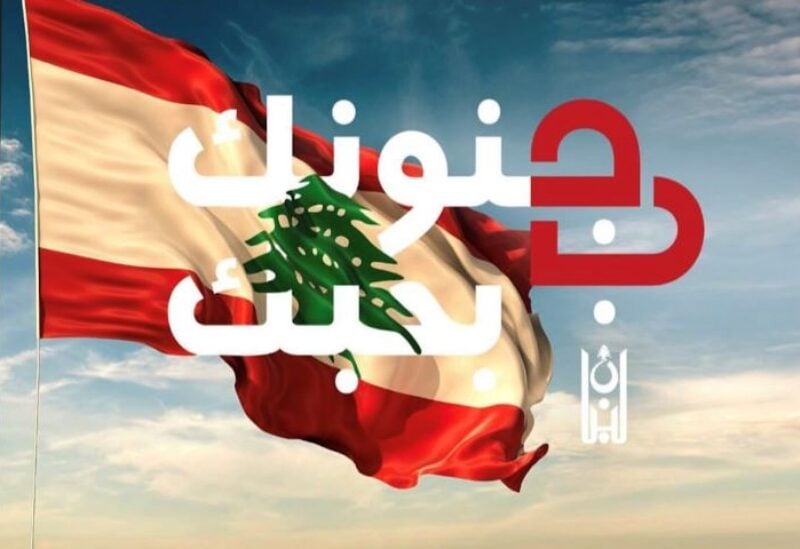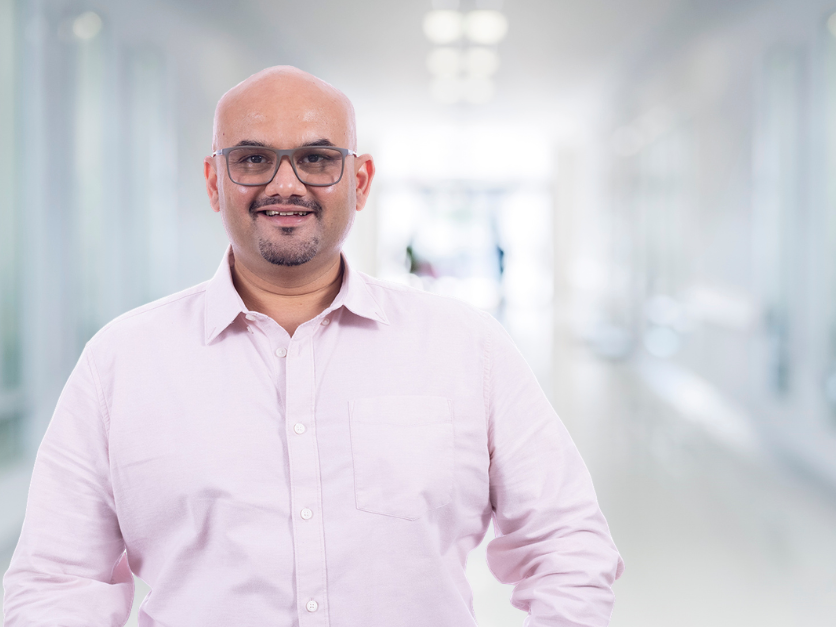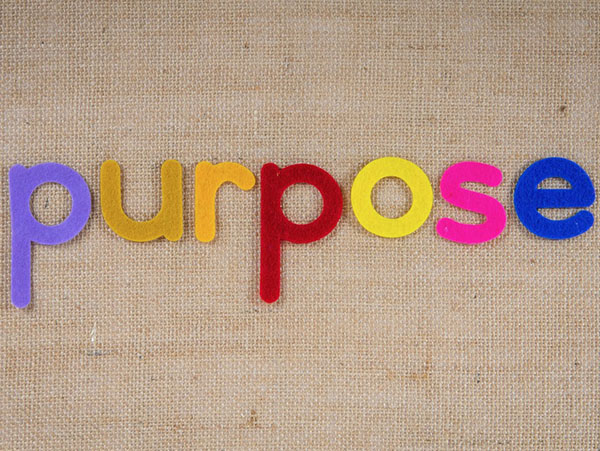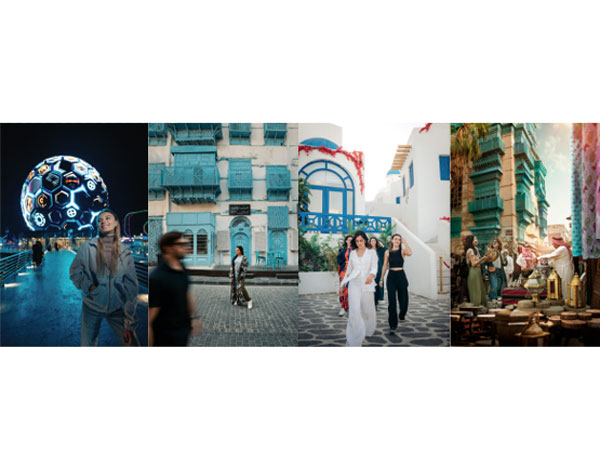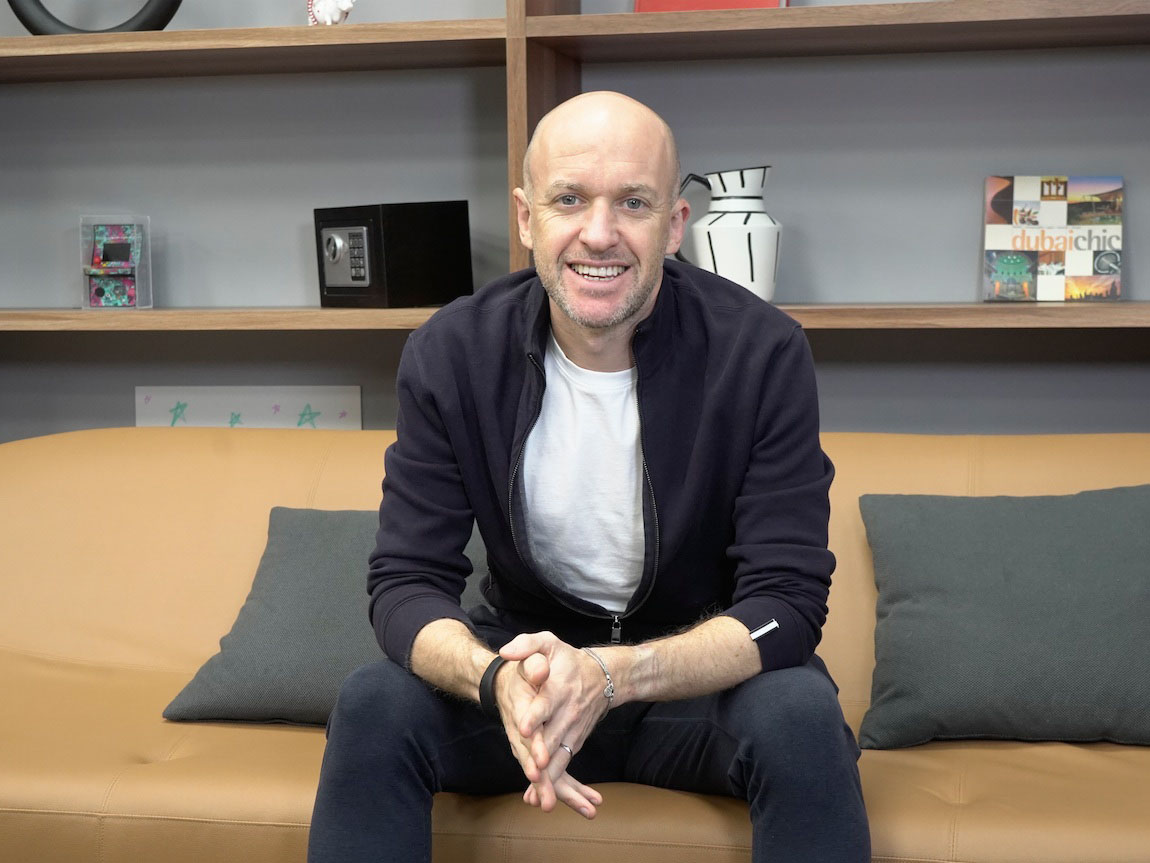Industry Talk
The People Want to Change the System
by Yasmine Dabbous
November 1, 2011
.jpg) Advertisement
AdvertisementThe incident, fully staged by organisers, symbolically (and, I might add, creatively) reflected the theme of the conference: digital and media literacy and its contribution to the people’s empowerment and the Arab Spring.
“Even though the forms of journalism, the platforms that we’re doing this on now, are radically different than they were in the past, I’m hoping that those new forums will deepen the core mission of journalism, which in my mind is to unearth what the government is doing and to give a voice to the voiceless,” Dana Priest, two-time Pulitzer Prize winner and investigative reporter for the Washington Post, told the crowd during her keynote speech.
Established in 1995, AUSACE is an organisation dedicated to the development of Arab-US relations, mainly among communication scholars and media professionals. It publishes the Journal of Middle East Studies and organises an annual meeting during which researchers and journalists exchange insights about the field. This year, around 250 participants from around the world attended the conference.
“This is really an important conference for us,” AUSACE president, Judy VanSlyke Turk, said during her opening speech. “I think it is one of the few opportunities in which people from two very different cultures can share their knowledge and collaborate on research and scholarship.”
But the momentous events unfolding around the Arab World added a different dimension to this year’s meeting. The vibe was palpable, especially (and understandably) among Egyptian participants. “The wall of fear is broken,” Rasha Abdulla, chair of the journalism and mass communication department at the American University of Cairo, said. “There is no going back.” Her eyes lit up as she addressed the audience.
Several presentations focused on the Arab Spring. From the role of social media in the Tunisian revolution to the effect of digital media on civic voice, community and expression and the impact of Flickr and YouTube visuals on the Egyptian revolt.
Naila Hamdy, assistant professor of journalism and media studies at AUC, worked on the role of social media in empowering Egyptian women during the revolution. She found that, although female social media users felt empowered, their contribution did not translate into effective participation in reality.
“The conference is very timely, very inspiring,” Hamdy said. “You get to be here and find out from people who were here on the ground. You kind of see the connections between all those interactions.”
Around 185 papers were submitted to the conference and 110 were accepted. Melki, who was also the chair of the conference, explained that planning for the meeting started around 10 months earlier. “The conference was hard work during the last six months and a full-time job during the last three months,” he explained. “Three weeks before the conference, it took over my life and the life of my student assistants. No more sleep!”
Over 100 people at AUB, including Melki’s students, worked on the organization of the conference. The effort was apparent to all participants. “The organisation of the conference is beyond impressive,” Rajaa Abu Jabr, faculty at Dubai Women’s College, said. “And the content is great too. This is the first time I regret that sessions are happening at the same time because I really want to see them all.”
The conference, which was sponsored by the Open Society Foundation, included 16 research panels, six panel discussions and six keynote speeches and discussions. It featured media professionals and scholars from Saudi Arabia, Jordan, Morocco, the United Arab Emirates, Egypt, Lebanon, Kuwait, Turkey, Canada, the United States and beyond. Among the keynote speakers were Hassan Diab, minister of education, Sami Ben Gharbia, Tunisian blogger and activist, and Andy Carvin, senior product manager for online communities at the National Public Radio (NPR) in the US.
At one of the sessions, Khaled Nasser, lecturer at AUB, explained that Lebanese students who observed the unfolding events in Cairo online tended to look more positively at the outcome of the uprising. “They saw the revolt as something positive, that will bring positive change to the Arab World,” he said. “That’s perhaps they use social media more and therefore they feel empowered.”


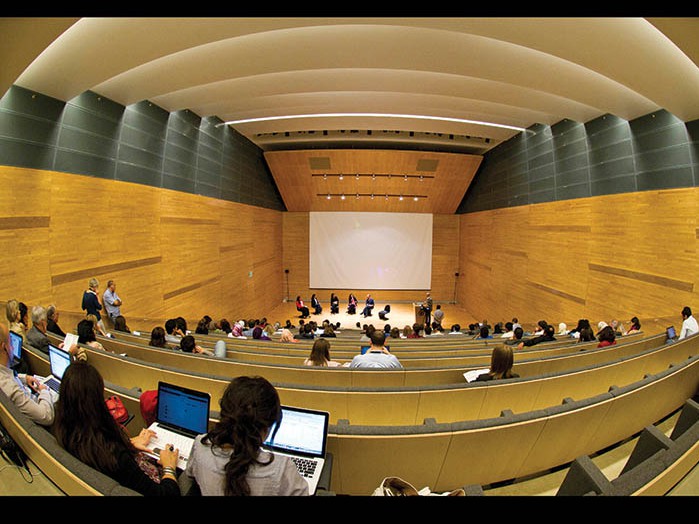


.jpg)
